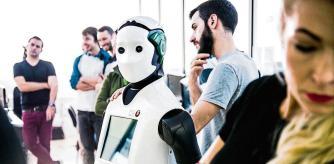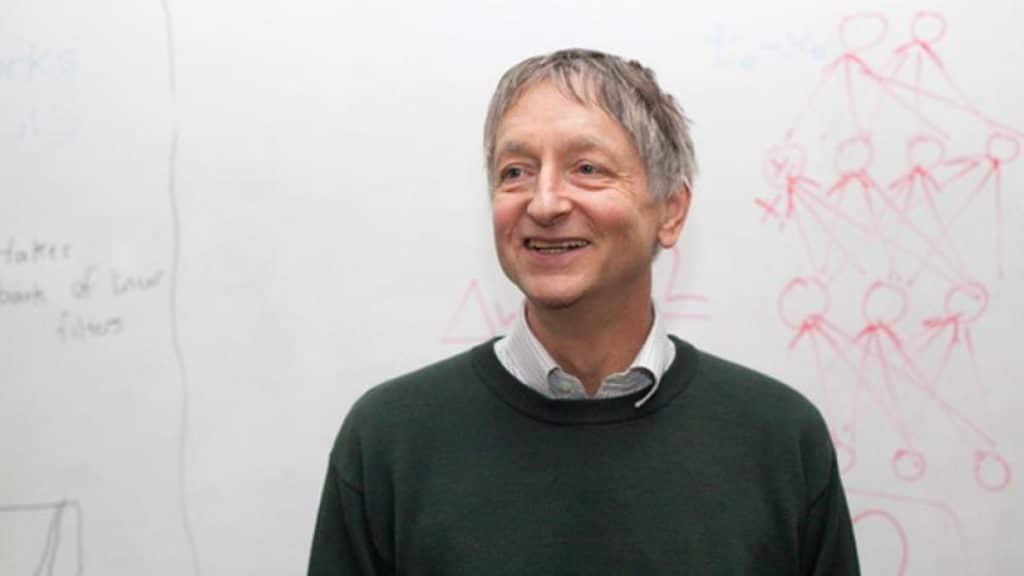The computer scientist Geoffrey Hinton, considered one of the fathers of artificial intelligence, has resigned from his position at Google to be able to freely warn of the risks of an uncontrolled race between technology companies for hegemony in this field.
Hinton, one of last year’s Princess of Asturias Research Prize winners, conceived in 1972, as a doctoral student, the idea of a mathematical system based on a neural network that was capable of learning through data analysis. In 2012 he managed to make it a reality and created, together with two students, a neural network based on this concept and that, by analyzing thousands of photographs, managed to learn to identify objects such as flowers, dogs or cars. That advance laid the foundations for the creation of technologies such as ChatGPT, which in recent months have caused astonishment and fear in equal measure.
I console myself with the usual excuse: ‘if I hadn’t done it, someone else would have done it’
Geoffrey Hinton One of the fathers of AI
Hinton explained to The New York Times that he has decided to disassociate himself from Google, which bought the company he founded with the two students for 44 million, in order to warn without any obstacles of the danger of not regulating advances in artificial intelligence.
Their most immediate fear, the newspaper explains, is that false photos, videos and texts created with AI will soon be indistinguishable from reality: citizens “will no longer know what is true.”
Also read WRITING

For this reason, he declares that “I do not believe that further progress should be made until [los científicos] know if you can handle it.” “I console myself with the usual excuse: ‘If I hadn’t done it, someone else would have done it,’ Hinton says in the interview.
Geoffrey Hinton, who was not one of the thousands of tech leaders and researchers who signed an open letter calling for a six-month moratorium on the use of AI after the new version of ChatGPT that startup Open AI unveiled last March, notes that humanity is at the most important turning point in decades, comparable to the introduction of web browsers in the 1990s.
read also
The researcher, who won the Turing prize in 2018 for his advances in the field of artificial intelligence -equivalent to the Nobel in the field of technology- warns in the New York Times interview of the risks of this decisive technology. “It’s hard for me to see how you’re going to prevent bad actors from using it for bad purposes,” Hinton says.
It’s hard for me to see how it’s going to be prevented from being used by bad actors for bad purposes.”
Geoffrey Hinton One of the fathers of AI


